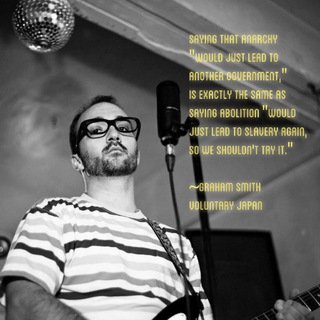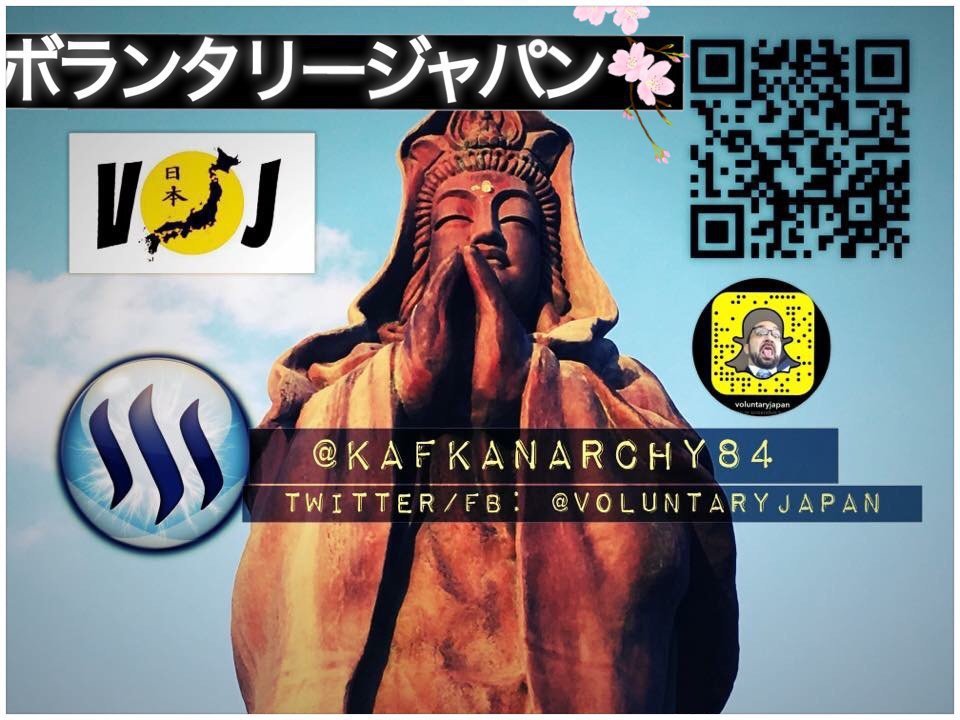Keitaro Watanabe is not just an ordinary tennis instructor.
He encourages independence and self-direction in his students, so that when crunch time arrives, it's themselves, and not an instructor on the sidelines, they will look to to make the call, and make the move.
Interview with Keitaro Watanabe, tennis coach, Niigata, Japan.
KAFKA: Why do you like playing tennis?
KW: Because tennis is my hobby...and...when I hit the ball, the feeling is nice. And each time I find a different technique. And sometimes tennis makes me disappointed because it's difficult. If I hit bad, bad shots so many times, I feel like, disappointed. If I hit very good, I feel happy. That's why I like it. Sometimes tennis makes me feel happy, and sometimes it makes me feel down, so always I have a challenge.
KAFKA: Do you enjoy teaching kids how to play tennis?
KW: Yeah, I do. Kids have...like a bright future. Their eyes when they are playing tennis, their eyes are like...shiny. I love it. And when they hit a good shot, their reaction is good.
KAFKA: What is your teaching philosophy?
KW: Don't teach too much. Make them think. Make them think and make them...answer. Get them to answer for themselves. When a kid makes a mistake, I ask first, why did you make this mistake? What do you think caused it?
If I teach, you did this, that's why you made a mistake! that's not so good. Why do you think you made such a mistake? Like that. Let them think first. And then, a little bit...I will give them a little bit of tips. I don't teach all.
KAFKA: So that way they can find their own answer, right?
KW: Yeah.
KAFKA: What life skills has tennis taught you?
KW: Patience. Effort. Perseverance. But also, tennis is...if you do your best, but still lose a game or a point, you have to continue. You have to change your mind. Don't dwell on your mistake too much. You have to change your mind and don't regret too much about your mistakes. You have to move forward. You have to change.
You have to be refreshed even if you make mistakes. Even though you tried hard, but you didn't get a good result, you have to go forward. It is the same in life.
KAFKA: So, in my opinion you're an exceptional coach, taking kids to tennis homestays in Australia, modeling for them how to use English in a foreign country...many things you really don't have to do. Why do you put in all this effort?
KW: Going overseas and staying there has a lot of challenges and meaning. My students are young so I want them to experience staying in a different country with a different culture and a different language. Japan is like...too...easy for them sometimes. They are given everything easily.
Living in Japan is all Japanese. In Australia, different skin color and multicultural. And also, after the experience they can continue their relationships with the homestay parents and kids and they can interact. Maybe 10 or 20 years later they can go to Australia and visit their friends without me. Their future may be nicer than just staying in Niigata.
KAFKA: What's the most important thing to know if you want to become a good tennis player.
KW: Keep practicing. Keep enjoying.
*
(Thanks as always for stopping by. If you missed the last installment of the Unschooling Blog, "Vol. 29: Learning Through Play is the Natural Way (A visit to the burger shop)," you can find that HERE.)
~KafkA
Graham Smith is a Voluntaryist activist, creator, and peaceful parent residing in Niigata City, Japan. Graham runs the "Voluntary Japan" online initiative with a presence here on Steem, as well as Facebook and Twitter. (Hit me up so I can stop talking about myself in the third person!)



